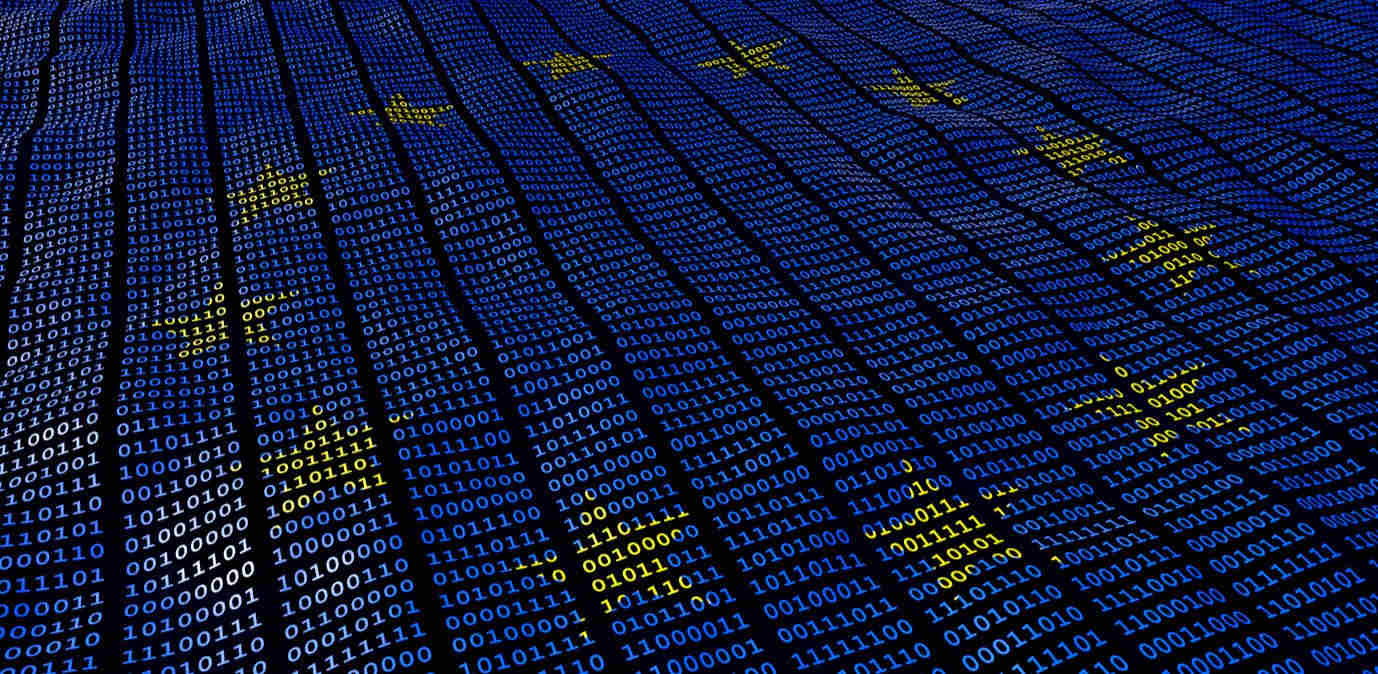What to expect from Europe’s new regulations on digital services
by Inline Policy on 07 Dec 2020
The European Commission will shortly unveil new rules on digital services as part of its agenda for shaping Europe’s digital future. In this blog we will explore what we expect to see in the Digital Services Act (DSA) and Digital Markets Act (DMA) and how they will impact the tech industry.
The DSA and DMA are designed to establish a fair and competitive digital economy in Europe, and to build a more open, democratic, and sustainable online society. The DSA will establish clear responsibilities for online platforms to protect users from risks such as illegal activities online; and the DMA will build a new framework to address anticompetitive behaviours of so-called ‘gatekeeping platforms’.
There are still some issues to be addressed. These include how to define so-called ‘gatekeeping platforms’; how far beyond the E-Commerce Directive the proposal will go; and others. The following paragraphs outline what we know so far; the current state of play of discussions; and outstanding issues in both Acts.
DIGITAL SERVICES ACT
The DSA builds on the 2000 E-Commerce Directive, which established the framework regulating digital services in the internal market. The DSA is likely to maintain the key principles of the Directive, namely limited liability for intermediary platforms, the country-of-origin principle, and a prohibition to impose on platforms a general monitoring obligation for illegal content online. This would reduce barriers to the provision of services and foster the growth of digital services in the single market.
The European Parliament has produced three non-legislative reports on the future DSA, including on the impact on the single market and the protection of fundamental rights online. All three reports agree on the need to establish a harmonised notice-and-action mechanism for service providers to address illegal content online. This is likely to be included in the DSA.
The reports, as well as early leaks of the Commission’s impact assessment, identify transparency – including in terms of due diligence – as a key issue to be further addressed. Although the scope of transparency measures is to be defined, these may range from transparency of algorithms (e.g., rankings), transparency of advertising practices to transparency on content removal practices (including through regular reports).
The DSA is also likely to include new verification requirements for some or all service providers, such as a ‘Know-Your-Business-Customer’ principle. This would require hosting providers to verify business users with whom they have a direct commercial relationship. Nonetheless, the scope of such requirements and whether they would apply to all or only some sectors (e.g., online marketplaces) has not been confirmed.
DIGITAL MARKETS ACT
In October 2020, the European Commission announced plans to merge two initiatives – an ex-ante regulation on gatekeepers and a so-called New Competition Tool – into a single ‘Digital Markets Act.’ The DMA would feature two complementary pillars: a combination of ex ante regulation and case-by-case enforcement on structural competition issues. It aims to curb the market power of large digital platforms to ensure fair competition in the European digital single market.
The details are to be clarified, as is the scope of the coverage (for instance, the New Competition Tool was initially meant to go beyond the digital sector) and which kind of companies it will target (who are the ‘gatekeepers’? How are they defined?). Nonetheless, it is likely that the DMA will include a list of dos and don’ts to which gatekeepers would be subject. Such a ‘black-list’ is meant to include practices that are considered anti-competitive, such as self-preferencing, bundling and tying practices, as well as some data-related practices.
OUTSTANDING ISSUES
There are some issues that are yet to be clarified and/or agreed – both between institutions and industry and between digital sectors. The non-exhaustive list below provides some examples.
Definitions and scope
The scope of and definitions in both the DSA and DMA remain unclear. This includes the definitions of ‘gatekeeping platform’, ‘market power’ and ‘illegal’ content (is harmful but legal content included in the scope?). Stakeholders also look for clarity on the sectors involved and the list of practices to be considered as ‘unfair’ and/or ‘anti-competitive.’
Relationship with other legislation
Another outstanding issue is the role that the DSA and DMA would have vis-à-vis other existing or planned initiatives These include the Platform-to-Business-Regulation (P2B), the EU Democracy Action Plan (which is also supposed to be unveiled in December 2020), the Code of Practice on Disinformation, as well as the EU Strategy for Data, the Framework for Artificial Intelligence and other existing competition tools (among others). While Commission officials have explained that the DSA/DMA will build on and complement all of these, the way these different rules will interact with each other while avoiding duplication is unclear.
Voluntary actions
The European Parliament and Member States are also divided on whether and to what extent platforms should be allowed to take voluntary measures to tackle illegal (and harmful) content online, especially in terms of their efficacy; whether platforms would be shielded from liability, and whether/how they would fit with compulsory measures such as the notice-and-action mechanism. Furthermore, several MEPs have raised concerns on platforms’ use of automated filters as a way to monitor illegal content online.
Oversight and enforcement
Another aspect is how the DSA and DMA would be enforced, and who should oversee platforms’ compliance with requirements. Proposals have ranged from establishing a new European or independent entity, to setting up a network of relevant national authorities, or having the European Commission itself taking care of it – or even all the above. It is also unclear whether such a new body (if any) would only oversee or also, for instance, have powers to fine services for non-compliance.
WHAT NEXT?
While many of the issues outlined above will be addressed in the upcoming legislative proposals, discussions on the DSA and DMA are likely to last for years, due to the enormous impact of these rules for tech companies operating in Europe – and more broadly on Europe’s tech sovereignty. We have all been anxiously waiting for December as the finish line after months of report drafting and consultations, but the truth is – this is just the beginning.
Download our report: European Parliament on the Digital Services Act
The Inline report summarises three reports on the Digital Services Act by the European Parliament committees on the Internal Market and Consumer Protection (IMCO), Legal Affairs (JURI) and Civil Liberties, Justice and Home Affairs (LIBE).
Topics: EU Digital Services Act, EU, Regulation, Europe






Comments